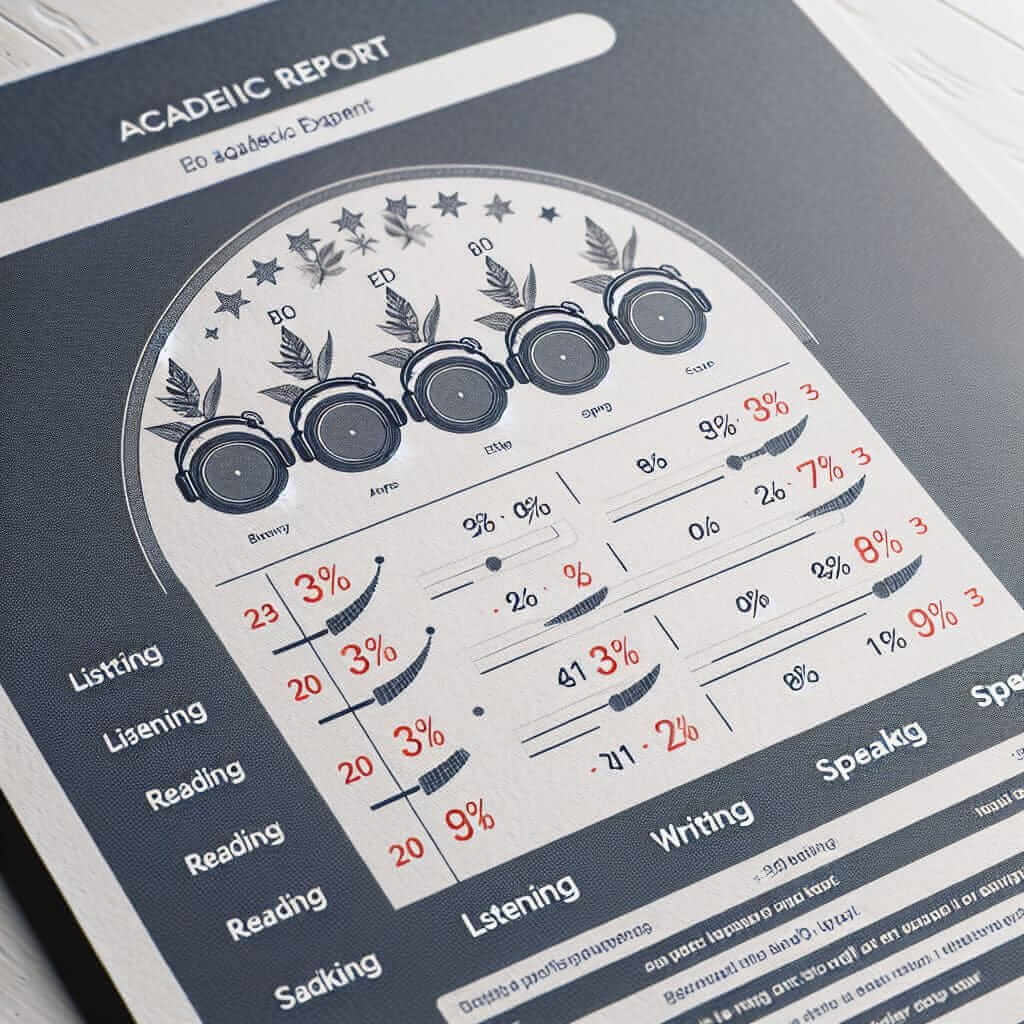As an IELTS instructor with over 20 years of experience, I often get asked, “How many times can I take IELTS?” The answer is simple: there’s no limit to how many times you can sit for the IELTS exam. This is great news for those who may not achieve their desired band score on the first attempt, or for those who want to further improve their score for various reasons.
Why Take IELTS Multiple Times?
While the idea of taking any exam multiple times may not be thrilling, there are several reasons why retaking the IELTS can be beneficial:
1. Achieving Your Target Band Score
Different universities and immigration programs require specific IELTS scores. If you didn’t achieve the score you needed on your first attempt, retaking the test allows you to try again and aim for that magic number.
2. Boosting Your Confidence
Sometimes, test-day nerves can get the better of us. Retaking the IELTS can be less nerve-wracking when you know what to expect. The familiarity can help you feel more confident and perform better.
3. Identifying Strengths and Weaknesses
Each time you take the IELTS, you receive a detailed score report. This report highlights your strengths and weaknesses across all four skills (Listening, Reading, Writing, and Speaking). Use this valuable feedback to tailor your study plan and focus on areas that need improvement.
Tips for Retaking the IELTS
Here are some proven strategies to maximize your score on subsequent attempts:
- Analyze Your Previous Score Report: As mentioned earlier, your score report is a goldmine of information. Identify specific areas where you scored lower and devise a focused study plan.
- Refine Your Study Plan: Don’t just repeat the same study routine. Research different study materials, try new practice resources, and consider joining an IELTS preparation course for expert guidance.
- Practice Regularly: Consistent practice is key! Dedicate time each day to work on all four IELTS skills. Use practice tests under timed conditions to simulate the actual test environment.
- Seek Feedback: Ask an experienced IELTS instructor or tutor to review your writing and speaking tasks. Their feedback will highlight areas for improvement and provide valuable insights.
- Don’t Rush: Avoid taking the test again immediately after receiving a less than desirable score. Allow yourself ample time to study, improve, and build your confidence.

Real Test Taker Example
I once had a student who needed a band 7 in IELTS for a Master’s program in Canada. She took the test twice and achieved a 6.5 both times. Discouraged, she considered giving up on her dream program. However, after analyzing her score report and working diligently on her writing skills, she retook the IELTS for a third time and achieved her target band 7!
This example highlights that persistence and a strategic approach can lead to success.
Conclusion
Remember, there is no shame in retaking the IELTS. It’s a challenging exam, and many successful candidates have taken it multiple times before achieving their desired score. Use each attempt as a learning experience, analyze your performance, refine your study strategies, and approach the test with renewed confidence.